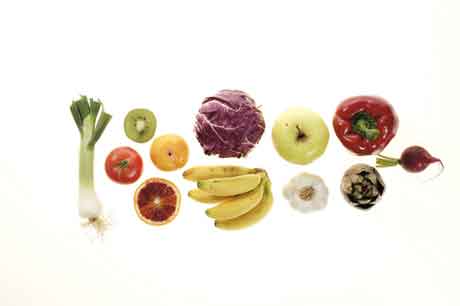
Indications are that consumers are very sensitive to food scares and sceptical about ethical behaviour of the food industry. In this respect, dialogue about how fruit and vegetables are grown and sourced can help build trust between brand and consumer, with the onus placed on methods used to help reduce chemical or pesticide levels. This might involve less costly alternative certifications than organic or simply communicating corporate policy on reduction of chemical residues via the product and marketing initiatives. In Europe, economic challenges and price pressures have spurred more sustainable behaviour on the part of consumers. Significant portions of Europeans report engaging in a range of ‘green’ behaviours to economize.Global food prices are projected to continue to rise, which will provide added incentive for consumers to seek out additional strategies for reducing costs through the elimination of food waste. In the UK, more than eight out of 10 (85%) Uk consumers are now making an effort to reduce food waste, while four out of 10 would like to know more about how to reduce food waste. Further, more than four out of 10 (44%) consumers in the Uk report planning their shopping more carefully. With fruits and vegetables more likely to be wasted, a significant portion of consumers (42%) are purposefully buying frozen fruit and vegetables to avoid waste. Food waste reduction positioning is now beginning to appear on a range of food products. (source: Mintel Global Market Research)
